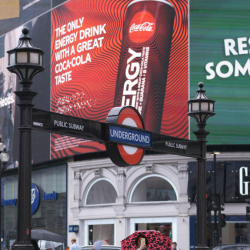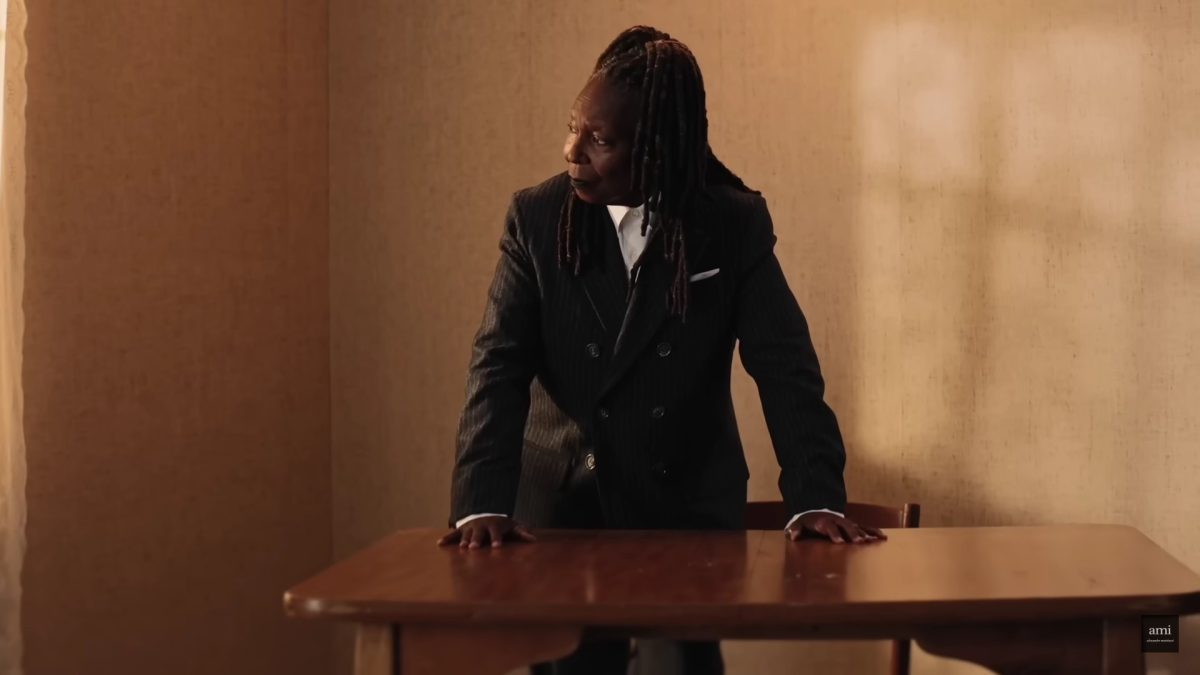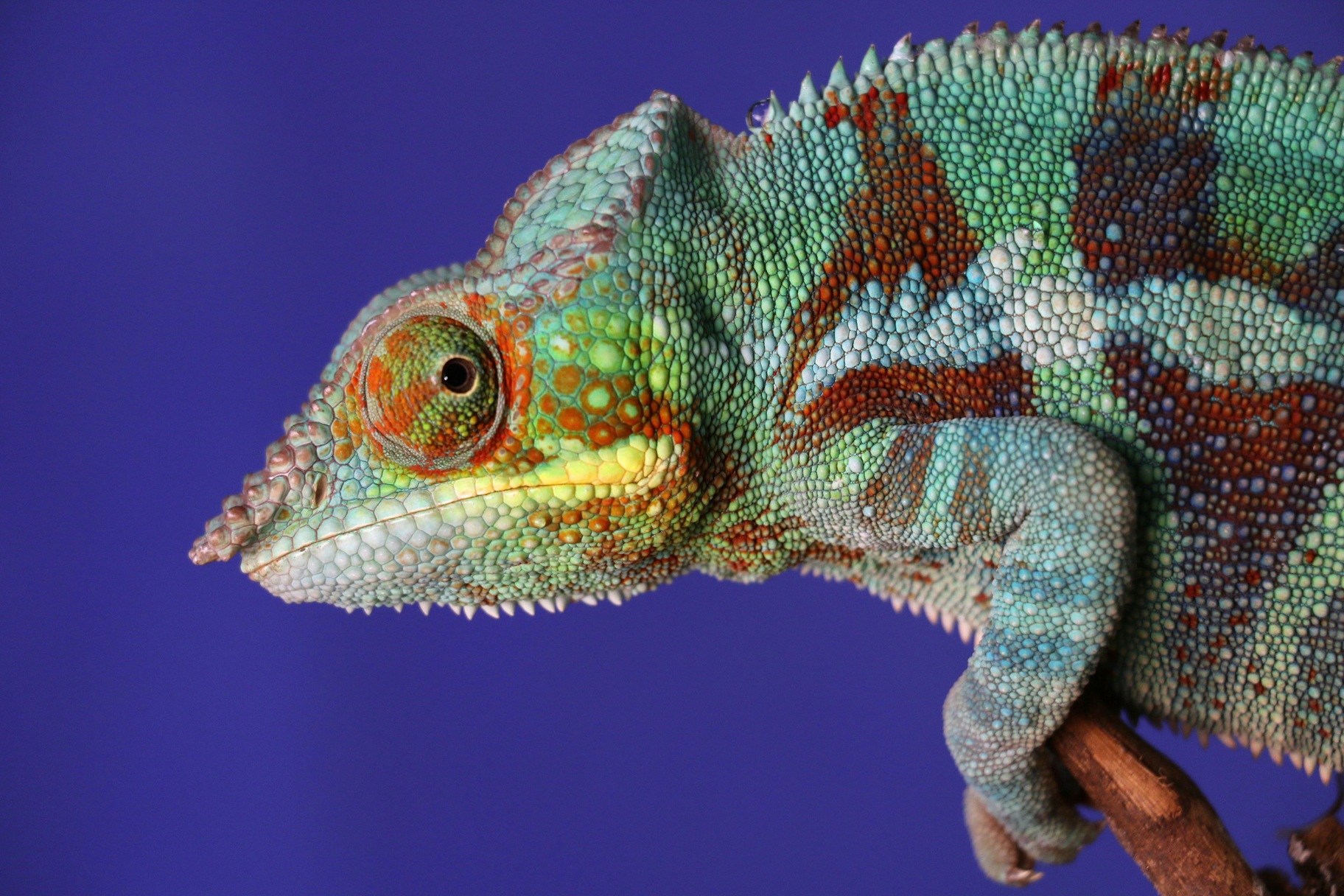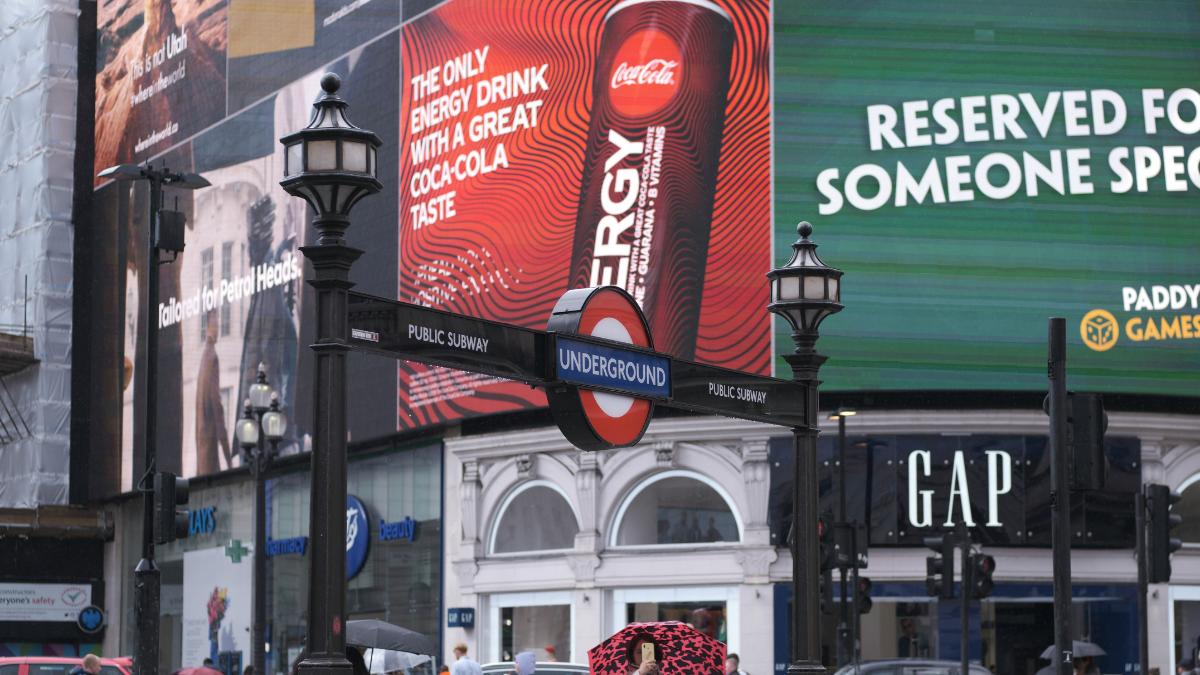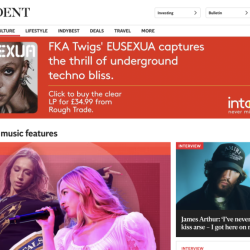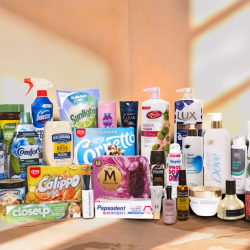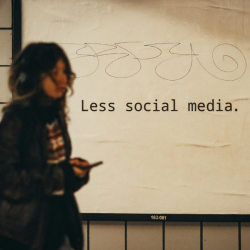In the modern marketing playbook the commonly accepted rule has always been, if you want to sell to the youth you have to show them that you are youthful too. Elevate the voices of their generation, partner with role models that represent the zeitgeist of their era. And when the worlds of fashion, entertainment and beauty are staunchly favour the novelty and newness of Gen Z, the worst thing a cool brand can do is associate themselves with cheugy millennials or cringe boomers.
But this playbook is evolving. The rules have changed.
Look at the people strutting down the runways over the past few years, or glance up at the personalities featured in the latest fashion campaigns, and it becomes apparent that we’re entering an era of unprecedented intergenerational pollination.
Youth-focused brands everywhere are partnering with mature icons. Some recent examples: 69-year-old Willem Dafoe featured in campaigns for both the streetwear brand Palace and ecommerce giant Zalando, while 70-year-old Jerry Seinfeld made his modelling debut with New York label Kith.
Why has there been such a steady uptick in clout-driven consumer brands courting younger consumers with celebrities twice or three times their age?
On some level it’s as simple as offering a sense of creative juxtaposition. When we see 69-year-old Whoopi Goldberg in an Ami campaign, or 85-years-young actor Anthony Hopkins in the LOEWE Fall/Winter 2022 pre-collection, there’s a particular spark of joy in seeing seemingly different areas of culture collide unexpectedly.
But there’s something deeper and more meaningful at play, too. The idea of ageing, once treated as an inconvenient, shameful reality, is increasingly being embraced as not just something positive, but something to aspire to.
With the emerging desire among younger cohorts to step beyond the confines of their age group who, with increasing frequency, show an interest in tapping into the carefree style of older generations, it’s a marketing strategy that makes sense. Take for example the linen-clad, New England coastal grandmother, or the staid country club uniforms of old money aesthetics, or the the musty cardigans of grandpa-core taking over TikTok, which all embrace dress codes associated with otherwise fuddy-duddy elders.
When you observe the newly acquired swagger of the kids engaging with these trends, it becomes clear it’s not just about the outfits. It’s also about the unburdened sense of liberation they associate with older generations, who have been able to move past the fear of judgement and self-doubt that so greatly inhibits the young and insecure.
In the age of fleeting fads and relentless trend chasing, this maturity is associated with a sense of steadfast, cool confidence. As Carina Chocano observes in an essay in The New York Times about the rise of 50+ mentors in the fashion industry: ‘This is a different kind of aspiration than the one found in closet tours of young influencers and celebrities… many of those figures seem focused on stockpiling luxury brands and reacting to trends. Part of why [older fashion icons] feel so reassuring is that, like all cool older people, they seem comfortably past all that, as though they’ve already seen the trends, chased the goods and graduated into freedom.’
This new age of aspiration also implies a fundamental shift in our collective psychology
It indicates that for young people, their future selves are no longer deemed irrelevant. Research tells us that when we look back at our past and into our future, we can typically be categorised into two camps: ‘dividers’, and ‘continuers’. Dividers tend to perceive more distinct boundaries between their life phases, viewing both their teenage self and future self as strangers — fictional characters from a novel. Continuers, on the other hand, are more likely to feel emotionally connected to the past and future, feeling a strong, unbroken thread of identity running through their life stages.
When young people exhibit a sense of shared resonance with older generations, it indicates that the illusion has shattered: their future self is no longer a distant stranger; they are seen as one and the same.
The Substance (2024), one of the most provocative and talked about films of the year, where faded Hollywood star Elisabeth Sparkle is fired from her TV show and, desperate for youth, injects a black-market serum that splits the main character into two beings — a new, younger, vibrant self and her original, older self — elevates the debate to a new conceptual extreme.
‘Remember, you are one’, a recurring line in the film, has evolved into a cautionary message for Gen Z, who today grapple with the desire to fight back against the realities of losing their youth, while finding ways to embrace the virtues of maturity that can only come with age.
To see our older and wiser future self and younger, vibrant, but ultimately more naive current self as one, rather than two strangers in conflict, has taken on a radical aura in a culture that continues to stigmatise the realities of ageing. As Ingrid Fetell Lee, an expert in design and joy, imagines: ‘What if instead of seeing ageing as something to defeat and conquer, we were to embrace what gets better with age, and work to amplify these joys while mitigating the losses of youth?
In a culture where angst seems to prevail, and young people face uncertain futures, ageing with joy is an act of humanity.’
Featuring a boomer icon in your next campaign or activation is not just an act of creative juxtaposition, it’s a statement that age = relevance; a proclamation that the best (and coolest) is yet to come.
Featured image: Whoopi Goldberg for Ami Winter/Fall ’24



